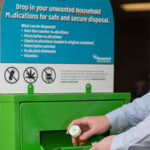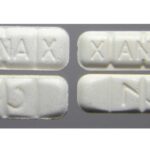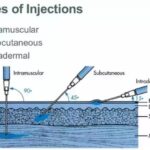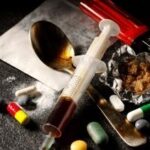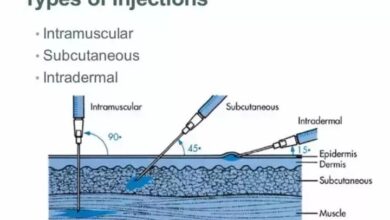What to do If You Find a Used Syringe
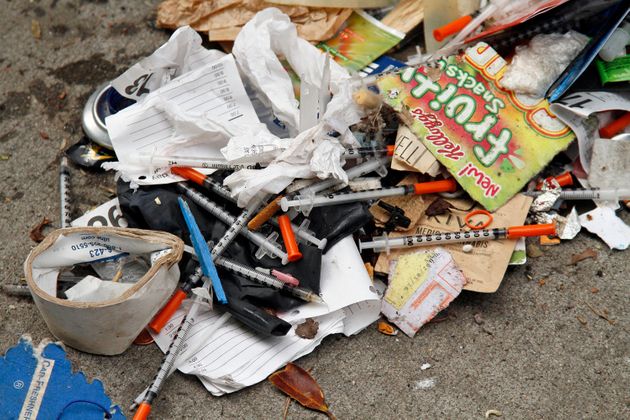
Drug injection is a method of introducing a drug into the bloodstream via a hollow hypodermic needle, which is pierced through the skin into the body (usually intravenously, but also at an intramuscular or subcutaneous location).
Beyond the administration of medications, syringes are also widely used by illicit drug users to administer drugs on themselves and others.
What to Do If You Find A Used Syringe
Tell children to let an adult know if they find a syringe.
Do not
• handle a syringe
• try to break off, bend or cover the sharp end of a syringe.
If you don’t feel confident to safely dispose of the syringe, call the Safe Needle Disposal at 1-800-643-1643 or e-mail info@safeneedledisposal.org.
If you do feel confident, you can follow these steps
• find a hard-walled, puncture-proof container with a wide top and a secure lid
• bring the container to the syringe so you don’t have to carry the syringe
• place the container on ground next to syringe
• use protective gloves or tongs and carefully pick up the syringe, avoiding the sharp end – do not recap the needle if the cap has been removed
• place the syringe in the container, sharp end first
• if available, secure the lid of the container
• wash hands with running water and soap
• place the container in a sharps disposal bin –
Dispose of used sharps disposal containers according to your community guidelines.
Sharps disposal guidelines and programs vary depending on where you live. Check with your local trash removal services or health department (listed in the city or county government (blue) pages in your phone book) to see which of the following disposal methods are available in your area:
Drop Box or Supervised Collection Sites
You may be able to drop off your sharps disposal containers at appropriate chosen collection sites, such as doctors’ offices, hospitals, pharmacies, health departments, medical waste facilities, and police or fire stations. Services may be free or have a nominal fee.
Household Hazardous Waste Collection Sites
You may be able to drop off your sharps disposal containers at local public household hazardous waste collection sites. These are sites that also commonly accept hazardous materials such as household cleaners, paints and motor oil.
Mail-Back Programs
You may be able to mail certain FDA-cleared sharps disposal containers to a collection site for proper disposal, usually for a fee. Fees vary, depending on the size of the container. Follow the container manufacturer’s instructions because mail-back programs may have specific requirements on how to label sharps disposal containers.
Residential Special Waste Pick-Up Services
Your community may provide special waste pick-up services that send trained special waste handlers to collect sharps disposal containers from your home. These services are typically fee-based and many have special requirements for the types of containers they will collect. Some programs require customers to call and request pick-ups, while other offer regular pick-up schedules.
Managing a needlestick injury
• Stay calm
• Allow the wound to bleed freely
• Immediately wash the area with running water and soap, then rinse and pat dry
• Cover with a band-aid or dry dressing
• As soon as possible, contact your:
o supervisor
o local doctor
o hospital.
For more information specific to your state, call Safe Needle Disposal at 1-800-643-1643 or e-mail info@safeneedledisposal.org. Information they can provide for your state includes:
- types of sharps containers that can be used,
- disposal programs in your area,
- how to label your sharps disposal containers,
- how to secure the lid of your sharps disposal container, and
- whether sharps disposal containers can be thrown away in the common trash.

